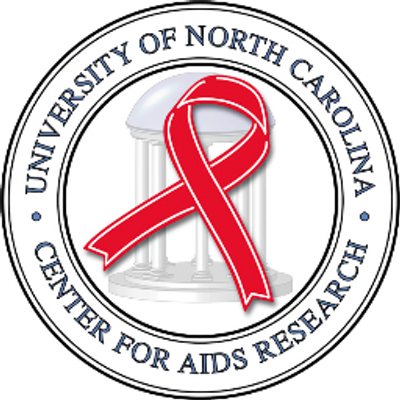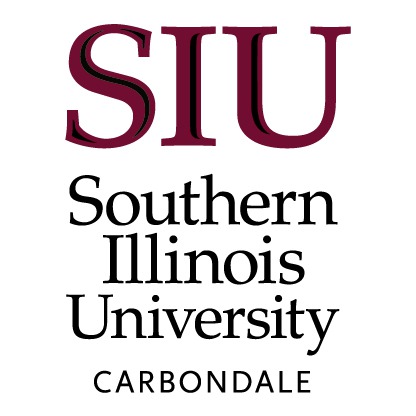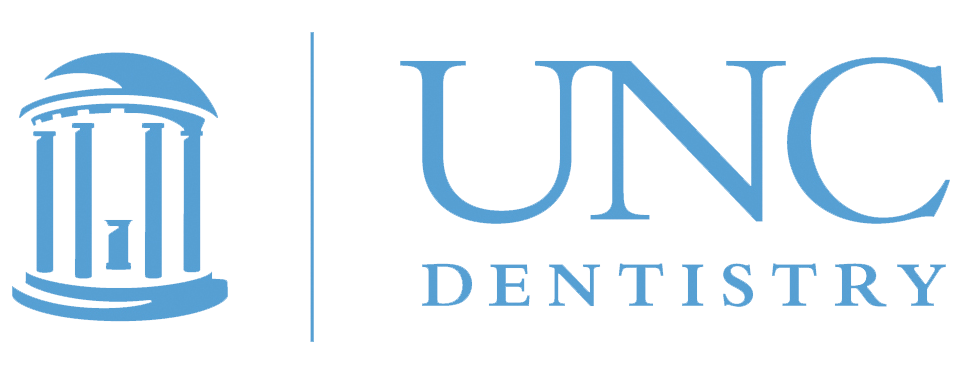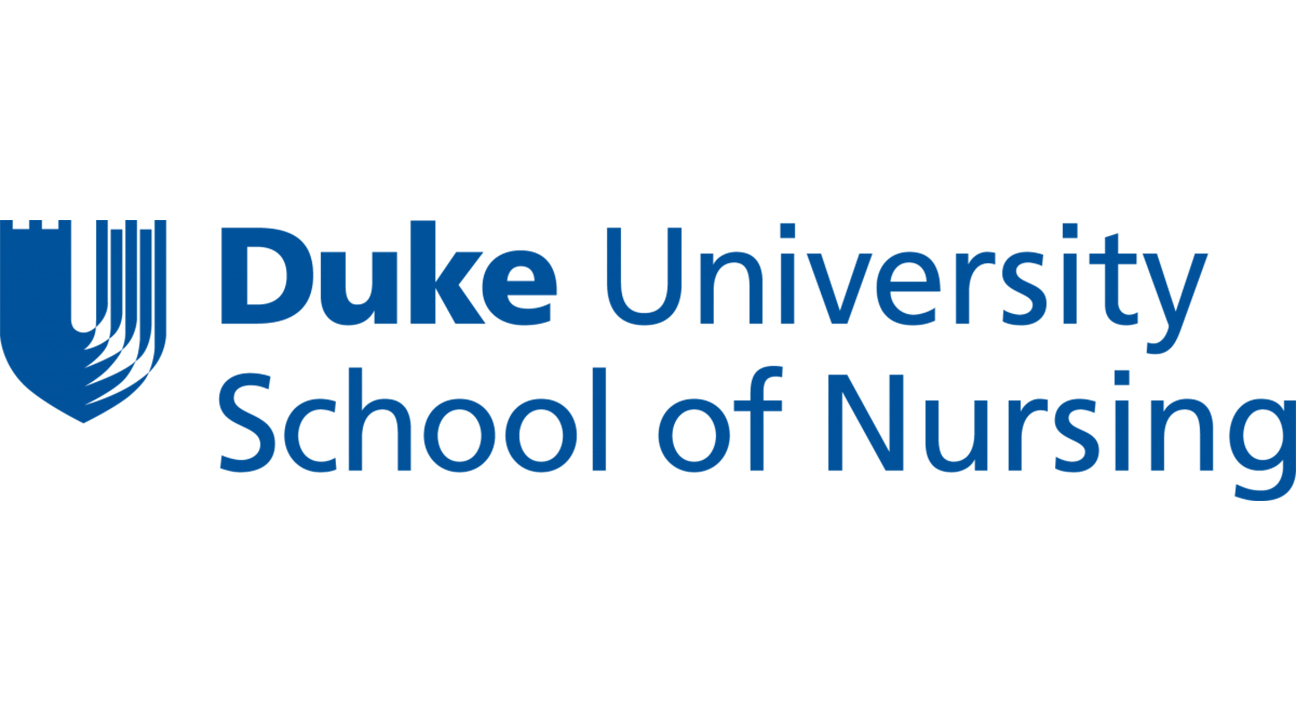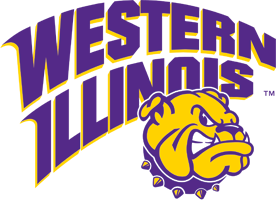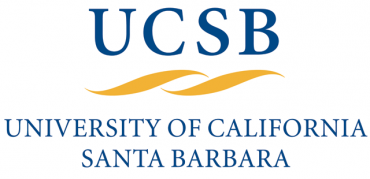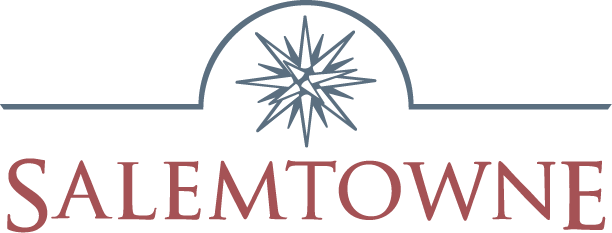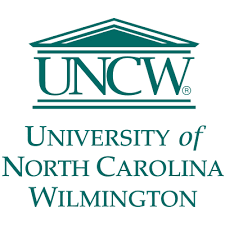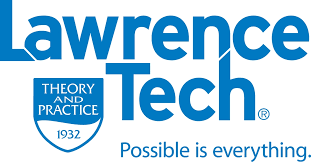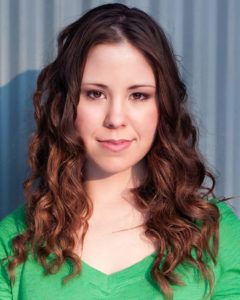
We are taking a pivot this week to share the experiences of Kaley Morrison, a Native American woman of the Waccamaw Siouan tribe, who also happens to be one of our phenomenal actors. In this conversation, she shares her hope of being the best ally to both her own people and her Black brothers and sisters, while also using her perspective to affect real change.
How long have you worked with Theater Delta?
Oh gosh… about 4 years. When I first moved to the Triangle, I knew a couple of people who had worked with TD through the years, I contacted Ben, met with him and I got started traveling pretty soon after that.
What roles have you played with us?
In “How about this party?” I play the role of Becca. This is the bystander role for the sexual assault scene.
Another role I’ve played is Olivia in “Can I Be of Any Help?” In this scene, me and two other actors explore issues of racism, sexism and homophobia in the classroom.
How has your work with Theater Delta impacted your real life?
Playing these roles always causes me to reflect on my own thoughts; where I am in the moment. The part that I also love is talking to the other actors, hearing their stories. It’s amazing how often I hear, “This thing that happened to me in the script happened to me in real life.”
I also find it very interesting to see how the audience responds. The feedback and questions we receive from them shows us how the story we present resonates with them. It’s interesting, when you do the same scene over and over again, the conversations change from year to year. The first year I was apart of “How ’bout This Party?” there was lots of victim blaming coming from the audience. We went to the same university the next year and I was shocked and pleased to find that the conversation had changed so drastically. The students had a much clearer idea of what consent was and avoided blaming/shaming the victim.
In what ways have you been personally affected by racism?
I recognize my privilege in that while I am Native, most folks do not realize that at first glance, and because of that privilege I personally have never experienced violent racism or felt that my physical well being was threatened because of my skin. Violence is however a huge problem that Natives face at disproportionate rate.
I feel most impacted by the effects of colonialism, which constantly disrespects the Native experience and hardships that come along with being Native. I’ve both witnessed and experienced disrespect for my people and my culture. Native people today are more frequently being made fun of and made to feel less than than people realize. It is deeply embedded and hidden in the American society.
Fall is a very difficult time to be a Native – Columbus day, Halloween, Football Season (with the disrespect and dehumanization by racist teams), and of course Thanksgiving. Native Heritage Month also comes at this time (November), but we were rarely educated about this in the classroom growing up. I end up finding myself being the first one to explain to lots of people what boarding schools were, how Native children were taken, and the trickle down effects that are still present today.
In both film and theater, you see so many internalized issues where there is a lot of tokenism (in all races.) The Hollywood portrayal of Natives not only added to this, but has shaped the stereotypes and mistreatment for so long. Native heritage is vastly different than living Native. I often am contacted by theaters seeking my “permission” or “blessing” to put on a show that includes a Native American. It is almost like I am this unpaid consultant, being brought in as a stamp of approval to make them feel at ease. I don’t have all the answers, I do my best to have knowledge, and if you invite me in and try to see things from my perspective rather than get “checking the box” over a quick phone call, change may happen.
How do you cope with these experiences?
One thought that I always circle back to is the history and recognizing the resilience of Native people, and the fact that they are still here just blows my mind.
I am an Urban Native, which means I grew up away from the population – I am constantly trying to find my balance between those two worlds by being truthful to the history of my people, and not betraying my belonging by the world I live in today.
For every bad encounter, I’ve had I have had 20 good ones – people are more open to talking, asking questions. It is happening way too slowly, but seeing the progress is encouraging. I am definitely still figuring out how my perspective and skillset can work together to affect real change. I want to dig in, and am trying to figure out how I can use this to create art in the future. I really want to write and produce some original shows that showcase the Native experience and normalize being Native. We are not sideshow freaks.
How are you working for social justice in today’s environment?
In the midst of the most recent movement, I feel more empowered than ever before. I’ve tried to attend as many protests as I can, as well as speaking up in private conversations. I’m trying to speak honestly and confront racism wherever and however I find it – in a way that will actually affect change.
I recognize that I am very emotional about it, so trying to take care of myself but also stay strong for all of the people that need someone to carry some of the weight. It helps to take time to reflect and regroup and reevaluate how I can ACTUALLY affect change, by channeling the most productive action steps.
Is there anything else you’d like to share about racism against Natives in America?
I encourage everyone to watch the documentary Reel Injun by Native filmmaker Neil Diamond.
In the movie, he Interviews various filmmakers, directors and actors and dissects different tropes that depict Natives, whether they are Native made or not Native made. Find out more about it here.
